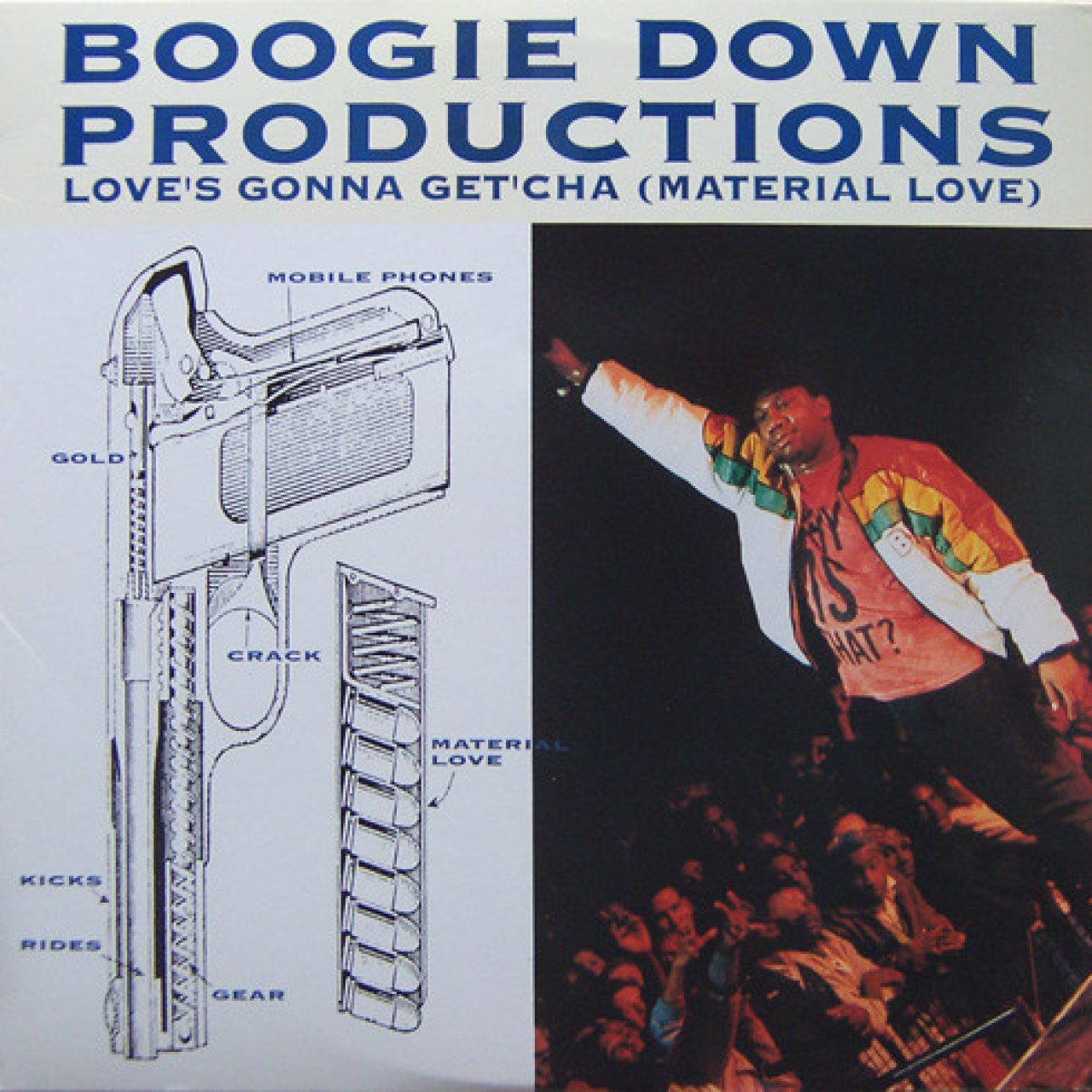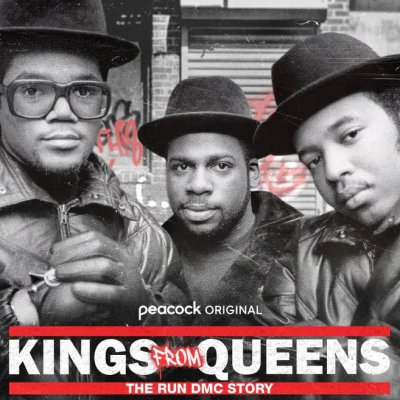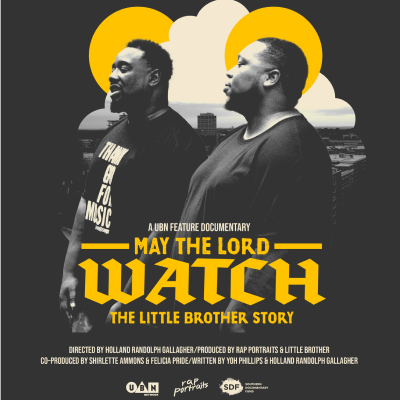Boogie Down Productions
“Love’s Gonna Get’cha (Material Love)” (Jive)
Billboard chart positions: Hot R&B Singles (#46), Hot Rap Singles (#4)
“Love’s Gonna Get’cha” is arguably Boogie Down Productions’ last great single, and one of the finest story raps of the era. Produced by Pal Joey — who might be best known for Soho’s house/breaks classic “Hot Music” — it finds KRS-One weaving a first-person fable about an impoverished teen who drops out of school to sell drugs. The protagonist’s rise and fall reflects the song’s theme of worldly lusts for money and power. “‘Cause where I’m at if you’re soft you’re lost/To stay on course means to roll with force,” he rapped memorably. “Love’s Gonna Get’cha” has been sampled dozens of times, yet its long shelf life is belied by some of the career difficulties KRS-One faced in 1990, from filing a lawsuit against former managers to weathering mixed reviews for Edutainment amid claims that he had grown too didactic. But while the rapper’s brusque “Teacha” persona could be grating, “Love’s Gonna Get’cha” strikes an indelible balance between moralism and street tragedy.
Read more: The 100 Best Rap Singles of 1990
Originally published on criticalminded.com.
Humthrush.com will always be free to read and enjoy. If you like my work, leave a tip at Ko-fi.com/humthrush.


